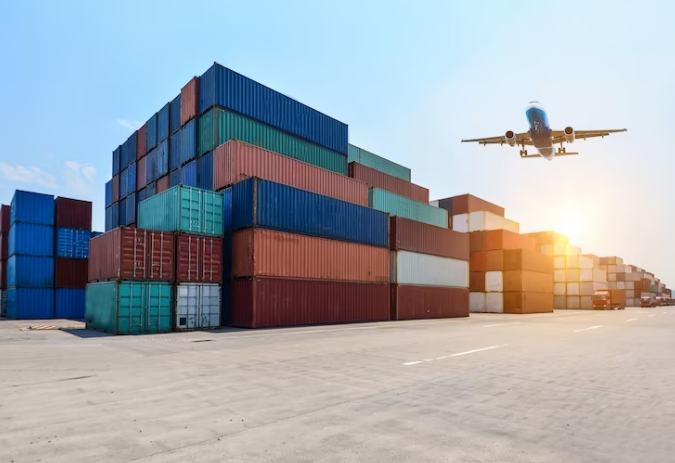
Understanding the Basics of Customs Clearance
It’s essential to grasp the fundamentals of customs procedures before diving into the specifics for New Jersey. Every country, including the U.S., has established customs regulations to ensure the proper import and export of goods. These regulations ensure that all imported goods are legitimate, safe, and properly taxed. For businesses and individuals, understanding and adhering to these regulations can mean the difference between smooth operations and unexpected delays.
Preparation: The Key to a Smooth Process
Being prepared is half the battle. Ensuring you have all the necessary documents, such as the bill of lading, commercial invoice, and packing list, can expedite the process considerably. In addition, having a clear understanding of the Harmonized System (HS) Code for your goods can make a significant difference. This code classifies traded products and determines the duties and taxes to be paid.
Working with a Reliable Customs Broker
When considering customs clearance in New Jersey, partnering with a reliable customs broker can be invaluable. These professionals are well-versed in local regulations, ensuring that all paperwork is in order and that goods move through the customs process as swiftly as possible. Not only does this reduce the risk of delays, but it can also save money in the long run by avoiding potential fines or penalties.
Stay Updated on New Jersey’s Specific Regulations
Each state might have subtle variations in how customs procedures are handled. New Jersey, with its bustling ports and strategic location is no exception. Regularly reviewing updates and changes in the state’s customs regulations can be beneficial. By staying informed, importers and exporters can ensure they remain compliant and reduce the chances of encountering issues.
The Dynamic Nature of Customs Regulations
Customs regulations are rarely static. They evolve in response to changing global trade dynamics, political considerations, and economic needs. New Jersey, with its significant trade volume, is a prime example of a region where regulations can change to accommodate these factors. Regularly monitoring announcements from the U.S. Customs and Border Protection (CBP) and New Jersey’s specific advisories can keep you ahead of these shifts.
Key Resources for Staying Informed
While the CBP website is a primary source of information, New Jersey also offers resources tailored to its unique requirements. The state’s official website and affiliated trade organizations frequently publish updates and provide training sessions for businesses. Subscribing to newsletters, attending local seminars, and joining trade associations can be invaluable for staying updated.
The Role of Local Ports and Authorities

New Jersey’s ports, such as the Port of Newark, are among the busiest in the U.S. These ports often have specific guidelines and requirements that complement federal regulations. Building relationships with port authorities and understanding their unique requirements can help in streamlining the customs clearance process.
Impact of International Treaties and Agreements
International treaties and trade agreements can also influence New Jersey’s customs regulations. For example, when the U.S. enters or modifies trade agreements with other countries, it can affect duty rates, import/export restrictions, and documentation requirements. Staying updated on such international developments can provide foresight on potential regulatory changes in New Jersey.
Common Mistakes to Avoid
Delays often occur due to simple oversights. Some of the most common mistakes include incorrect documentation, under-declaration of goods’ value, and not being aware of restricted or prohibited items. Another error is not properly labeling and packing goods. Being aware of these pitfalls and actively avoiding them is crucial for a smooth customs clearance process.
The Importance of Transparency
In all dealings with customs, transparency is crucial. It’s always best to provide accurate and complete information about your shipment. Trying to cut corners or hide details can lead to unnecessary complications, extended delays, and potential legal repercussions. Moreover, building a reputation for transparency and honesty with customs officials can make future dealings smoother and more efficient.
Final Thoughts
Navigating the intricacies of customs clearance in New Jersey can be daunting. However, by staying informed, working with knowledgeable professionals, and avoiding common mistakes, the process can be made much more manageable. The key is preparation, transparency, and the willingness to adapt to ever-changing regulations.





